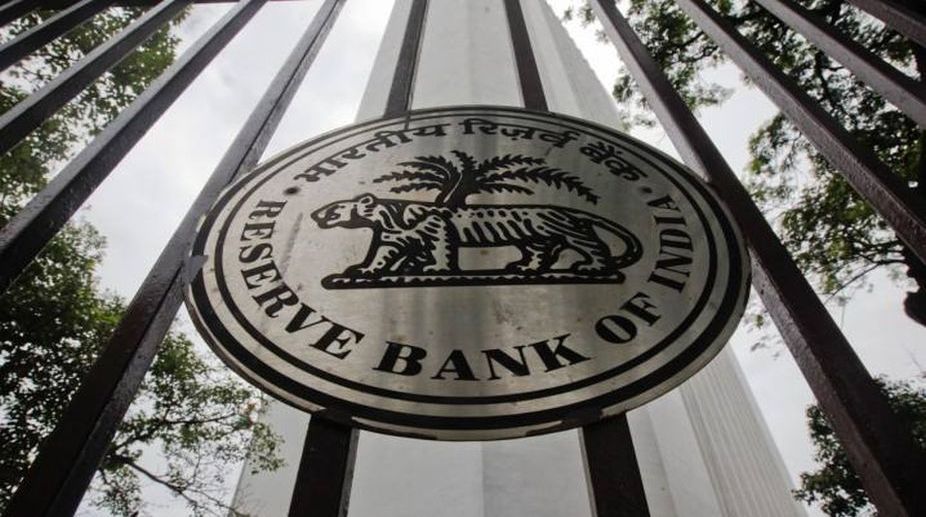Rising inflation and high crude oil prices will weigh on the minds of the six Monetary Policy Committee (MPC) members at their three-day meeting beginning on Monday (4 June) to decide the key policy rate.
The seven-quarter high growth rate of 7.7 per cent in January-March 2018 and forecast of a normal monsoon has reduced the clamour for a cut in the benchmark lending rate (repo) by the Reserve Bank of India (RBI).
Advertisement
Retail inflation (CPI), a key data for the RBI, has remained above 4 per cent since November 2017. The government has mandated the RBI to restrict the retail inflation at 4 per cent (with a margin of +/- 2 per cent), while supporting growth.
The RBI has refrained from revising the repo rate since August 2017 citing inflationary concerns.
Indicating hardening of the interest rate scenario, several major lenders including SBI, PNB and ICICI Bank have already raised their lending rates from June 1. Some of the banks have also increased the deposit rates.
“Notwithstanding the clamour for a rate hike in market, we believe ground realities call for caution and not rate action,” India’s largest lender SBI said in a research report.
One of the reasons it cited was that while the GDP numbers are strong, private consumption continues to lose pace, dropping to 6.6 per cent in 2017-18 from 7.3 per cent in the previous year.
The MPC, headed by RBI Governor Urjit Patel, will for the first time meet for three days as against the usual two.
The resolution of the second bi-monthly monetary policy meeting for the current fiscal will be announced in the afternoon of June 6.
In the last MPC meet, held in April, RBI Deputy Governor and member of the panel Viral Acharya had indicated that he would vote for withdrawal of monetary accommodation in the June policy.
Another member Michael Patra had voted for a hike in repo rate but was overruled by majority that opted for status-quo.
Currently, repo rate — the short term lending rate at which RBI lends to banks — stands at 6 per cent. Consequently, the reverse repo rate is 5.75 per cent and the marginal standing facility (MSF) rate and the bank rate stand at 6.25 per cent.
Naresh Takkar, MD and Group CEO of ICRA Ltd said: “Although the headline and the core CPI inflation for April 2018 revealed negative surprises, an immediate rate hike may be premature, given the lack of clarity on factors like the 2018 monsoon, the minimum support price (MSPs) and fiscal risks.”
However, the expected rebound in the average CPI inflation for 2018-19, in conjunction with the higher-than-anticipated GDP expansion in Q4 of last fiscal, suggests that a back-ended rate hike cannot be ruled out, which is likely to be reflected in the tone of the policy document, he added.
Reversing the declining trend of three months, retail inflation inched up to 4.58 per cent in April.
The Wholesale Price Index (WPI) based inflation too rose to 3.18 per cent in April mainly on account of a spike in fuel prices, as per data released by the government.











